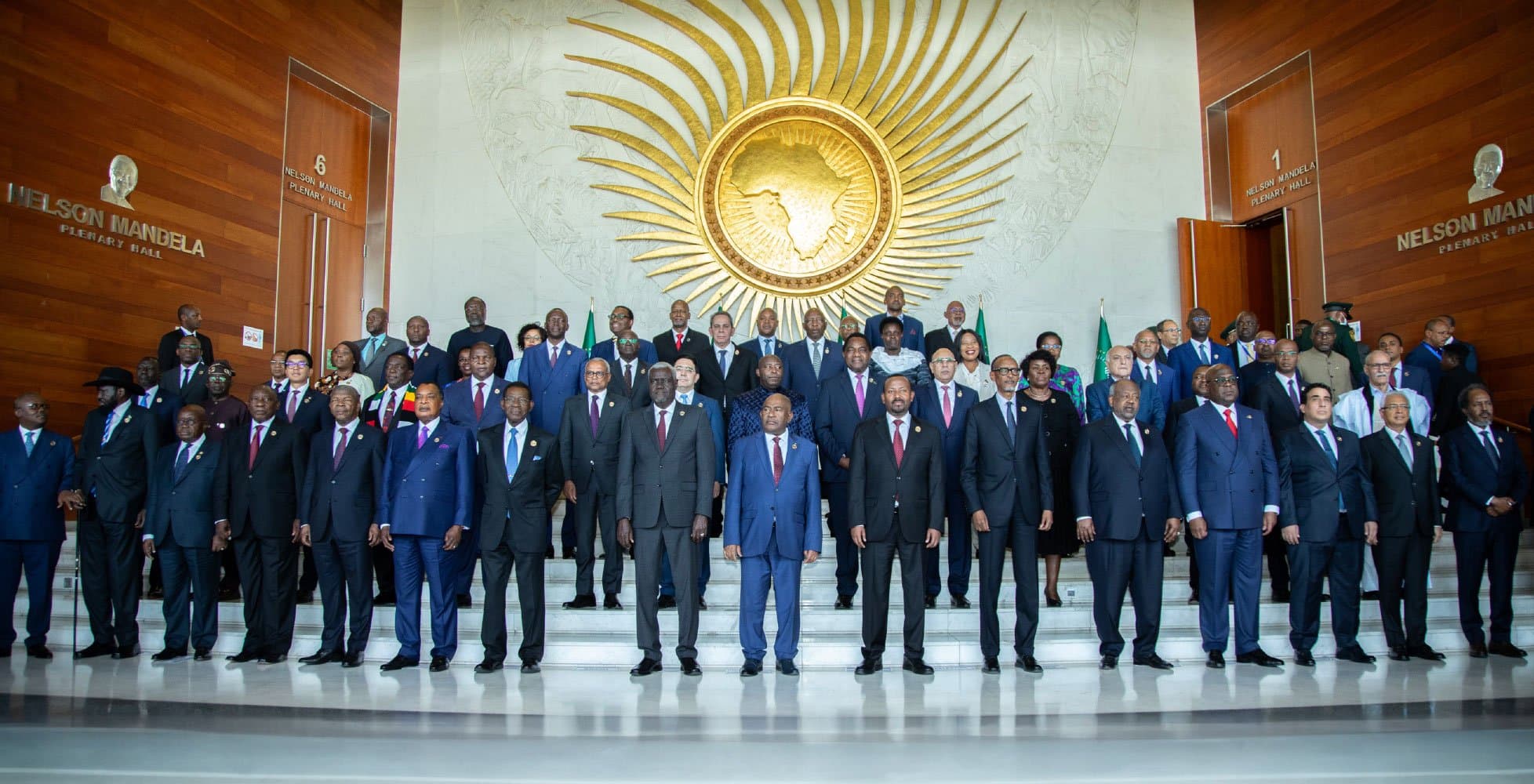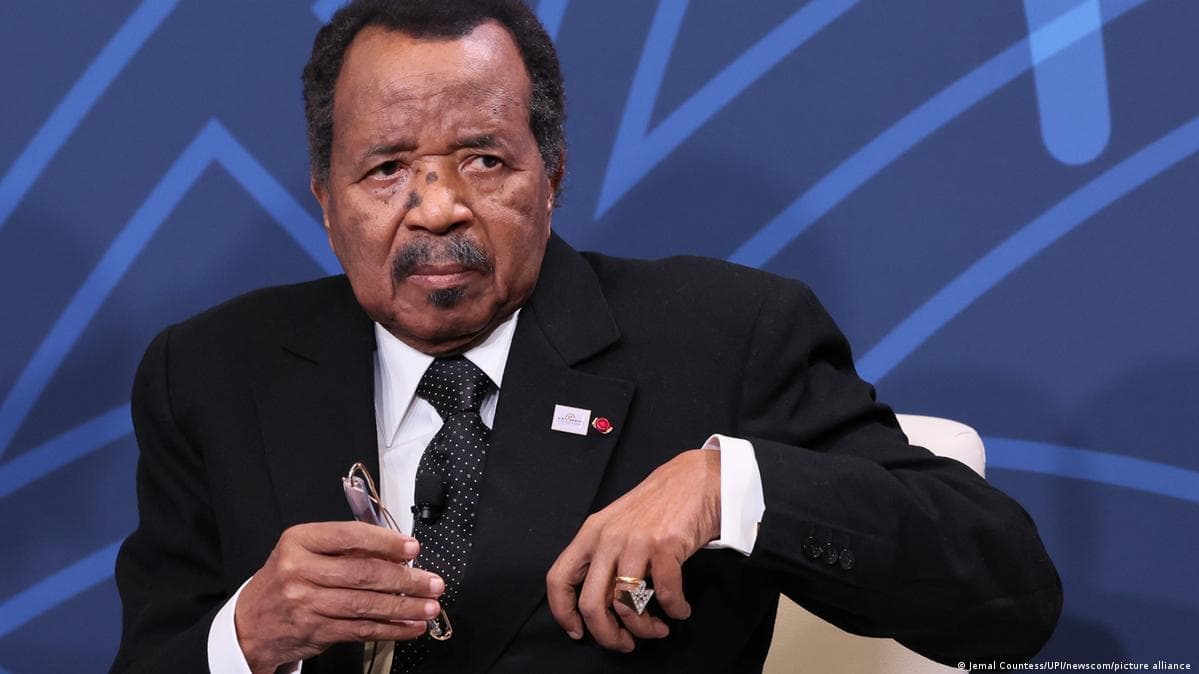Democracy in Retreat: The Politics of Presidential Longevity in Africa

In recent decades, Africa has witnessed a troubling trend that undermines the very principles of democracy, leaders extending their terms in office through constitutional manipulation, political coercion, and sham elections. What was once a continent full of promise and democratic awakening has, in many regions, regressed into a cycle of authoritarian entrenchment masked as “constitutional reforms.”
From West to East Africa, the pattern is strikingly familiar. Presidents alter constitutions to eliminate term limits, influence electoral bodies, intimidate opposition, and suppress dissent, all while parading as democratically elected leaders. The result is a façade of democracy, elections without choice, constitutions without accountability, and parliaments without independence.

Countries such as Uganda, Rwanda, Cameroon, and Congo-Brazzaville are emblematic of this democratic decay. Uganda’s Yoweri Museveni, who has been in power since 1986, scrapped both term and age limits, cementing his rule under the guise of popular mandate. Rwanda’s Paul Kagame followed a similar route, overseeing a referendum that allowed him to potentially rule until 2034. In Cameroon, Paul Biya, now one of the world’s longest-serving leaders, has turned governance into personal inheritance, ruling since 1982 with little sign of relinquishing power.
The justification for these extensions often lies in the rhetoric of “continuity,” “stability,” and “development.” Leaders claim that their countries are not ready for transition, that they alone possess the vision to maintain progress, or that the people “demand” their continued leadership. Yet beneath these narratives lies a fear of accountability. Long-serving leaders dread losing power not only because of prestige, but also because of the potential legal consequences that might follow their departure.

This phenomenon reveals a deep structural problem: weak institutions and strong personalities. In many African states, political systems revolve around individuals rather than institutions. Constitutions can be amended at the whim of the ruling elite, and electoral commissions often operate under executive control. As a result, checks and balances become symbolic, and the people’s voice is systematically silenced.
The consequences are grave. The extension of terms breeds corruption, economic stagnation, and civil unrest. It discourages political innovation, stifles youth participation, and erodes public trust in democracy. Moreover, it sends a dangerous message to future generations, that leadership is a lifetime privilege rather than a temporary responsibility to serve.

However, not all hope is lost. Nations like Ghana, Kenya, and Zambia have shown moments of democratic resilience, where transitions of power occur through the ballot box. Civil societies, the media, and youth movements continue to challenge the old order, demanding transparency and genuine representation.
For democracy to thrive in Africa, leadership must cease to be a personal project. Term limits are not obstacles to progress; they are safeguards against tyranny. The continent’s progress depends on leaders who understand that democracy is strengthened not by those who cling to power, but by those who know when to let go.

Africa does not need eternal rulers. It needs accountable institutions, visionary leadership, and citizens empowered to defend their right to choose. Until that becomes the norm, the dream of true democracy will remain just that, a dream deferred.
